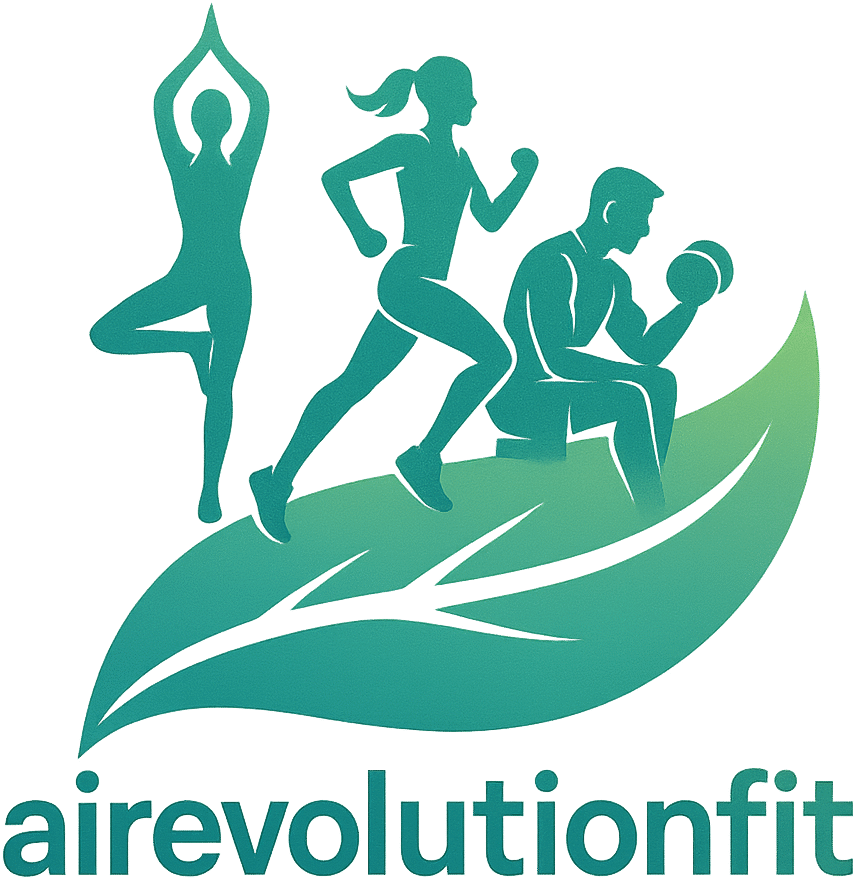
Staying healthy as we get older makes a big difference in our independence and overall wellbeing. Issues like memory trouble and chronic diseases can be challenging, but there are a lot of practical steps seniors can take to help keep their minds sharp and bodies strong. Here, I’m breaking down what you need to know about common elderly health concerns and some science-backed tips to help lower the risk of Alzheimer’s disease.
Common Health Issues in Older Adults
Many people notice that their bodies and minds work a little differently as they get older. Some changes are a normal part of aging, and others might need a bit of extra attention. Here are some health issues that come up often with aging:
- Memory loss: It’s common to have forgetful moments, but ongoing confusion or repeating the same questions can be signs of a bigger problem like dementia or Alzheimer’s disease.
- High blood pressure: As we age, veins and arteries become less flexible, which can push blood pressure up and put more strain on the heart.
- Diabetes: Type 2 diabetes can sneak up because symptoms don’t always show until damage is already happening.
- Joint pain and arthritis: Stiffness and pain can make it harder to move around and stay active.
- Vision and hearing problems: Difficulties with eyesight or hearing can impact daily life and safety.
It’s a smart move to keep up with doctor visits, get regular screenings, and talk honestly with healthcare providers about any changes you notice.
Understanding Alzheimer’s Disease and Its Impact
Alzheimer’s disease is one of the most common forms of dementia, and it mainly affects people over 65. The early signs look a lot like normal age-related forgetfulness, so it’s easy to miss in the beginning. Over time, Alzheimer’s leads to more serious problems, like getting lost in familiar places or struggling with conversation.
The exact reason why some people get Alzheimer’s isn’t fully clear, but research shows a mix of genetics, lifestyle, and overall health play roles. While aging is the biggest risk factor, there are steps that might help delay or lower the chances of developing it.
- Stay physically active: Moving your body is linked to better memory and thinking ability. You don’t need to run marathons; walking, stretching, or enjoying a swim can all help keep blood flowing to the brain.
- Eat a balanced diet: Foods rich in nutrients, such as whole grains, leafy greens, berries, nuts, and fish, support brain and heart health. Diets like the Mediterranean or DASH plan are worth checking out.
- Stay mentally engaged: Challenging your brain with puzzles, learning new skills, reading, or even picking up a musical instrument keeps your mind flexible. Social activities like playing games with friends also help.
- Prioritize good sleep: Aiming for 7–8 hours of quality sleep per night gives the brain time to recover and process information. Poor sleep has been linked to more rapid memory decline.
- Connect with others: Regular social interaction can protect against depression and help keep the mind alert. Even chatting with a neighbor or joining a club can be beneficial.
Practical Steps for Alzheimer’s Prevention
Everyday Habits to Help Keep Your Brain Sharp. A healthy routine supports your mind just like it does your body. Small changes add up and can make a big difference for brain health. Here are some tips that researchers and health organizations recommend for seniors who want to help lower their risk of Alzheimer’s: 
Adopting healthy habits early helps, but it’s never too late to make changes. Here’s how I’d approach it if you’re hoping to build better routines that might reduce Alzheimer’s risk
Keep physically active: The Centers for Disease Control and Prevention suggests aiming for 150 minutes of moderate activity per week. That’s about 20 to 30 minutes each day, which could mean brisk walking, dancing, or even gardening. Many communities offer walking groups or gentle yoga sessions designed especially for seniors.
- Choose brainboosting foods: Focus on fresh fruits and veggies, whole grains, healthy fats like olive oil, and limit processed foods or sugary snacks. Including foods high in omega-3s, like salmon or chia seeds, may offer extra benefits for brain health. Sharing meals with friends and family can also make eating healthy more enjoyable and socially rewarding.
- Challenge your mind daily: Block off time for crosswords, Sudoku, or word games. Try a new recipe or learn to use a new device; all of these activities help build fresh neural pathways. Community centers may offer computer courses or creative workshops perfect for keeping the mind sharp.
- Get regular checkups: Managing chronic conditions like high cholesterol or blood sugar helps lower Alzheimer’s risk. If you notice new issues with memory, don’t ignore them. Talk to your doctor, who can help you get a clearer picture and recommend next steps. Staying on top of vision and hearing checks can also help preserve independence and confidence.
- Avoid tobacco and limit alcohol: Smoking and heavy drinking are connected to faster memory decline, so cutting back pays off for both brain and body. Support groups or counseling may help you stay on track if you’re working to quit these habits.
Barriers to Healthy Living (and How to Overcome Them)
Even with the best intentions, everyday obstacles can get in the way of healthy habits. Here’s how I’ve seen some common challenges handled:
- Limited mobility: Chair exercises or stretching routines can keep the body active even if movement is restricted. Community centers often offer free or lowcost adapted fitness classes. Some virtual classes are available online, so you can stay active at home.
- Tight budget: Nutritious meals don’t have to be pricey. Beans, frozen veggies, and canned fish are affordable choices. Local food programs and farmers’ markets might help stretch your grocery budget, too. Sharing recipes in a group can inspire fun and inexpensive meals.
- Lack of support: Staying motivated alone is tough. Linking up with friends for walks, joining group activities, or even connecting online can add accountability and fun. Volunteering is another way to meet new people and contribute to your community while staying active.
- Memory lapses: Setting daily reminders, using pill organizers, or writing notes can help keep important tasks on track when forgetfulness starts to creep in. Some people use smartphone alarms or calendars for extra support, making routines easier to manage.
Trouble Sleeping
Insomnia and trouble staying asleep are pretty common as we age, but for the brain’s sake, finding solutions is really important. Setting a consistent bedtime, avoiding screens late at night, and skipping caffeine in the evenings can help create better sleep routines. If problems persist, speak with your doctor to find options that might work better for you.
Chronic Stress
Long-term stress does a number on the brain. Relaxation tools like meditation, slow breathing, or even simple stretching help dial down those stress hormones. Reaching out to family or friends for emotional support makes handling tough times easier. Some enjoy joining mindfulness or relaxation groups, which can build social connections at the same time.
Quick Reference Guide: Building Brain-Healthy Habits
- Exercise regularly: Aim for a mix of aerobic activity (like walking), strength exercises, and stretching for balance. Try to include movement you enjoy, such as dancing or gardening, to make it easy to stick with.
- Eat a varied, colorful diet: Fill your plate with greens, berries, healthy fats, and whole grains. Cooking with friends or experimenting with new recipes can make eating well more enjoyable.
- Challenge your mind: Take a class, play memory games, or learn a new hobby. Learning a language or playing music gives the brain a unique kind of workout.
- Stick to a sleep routine: Try to go to bed and wake up at the same time each day. Create a calming bedtime ritual, such as reading or listening to soft music.
- Stay connected: Socialize with friends, family, or people who share your interests. Video calls count, too, and joining clubs or community groups adds structure to your week.
- Keep up with doctor visits: Regular screens for blood pressure, cholesterol, and other risk factors help catch any trouble early. Early action can make a big difference in your long-term health outlook.
Frequently Asked Questions
Here are some common questions people have about elderly health and Alzheimer’s prevention:
Question: Is memory loss normal as you age, or is it always a problem?
Answer: Some forgetfulness is normal, but if it becomes severe enough to interfere with daily life or gets worse over time, it’s important to talk to your doctor for a clearer picture of what’s going on.
Question: Can certain foods help prevent Alzheimer’s?
Answer: There’s no magic food, but diets high in leafy greens, berries, nuts, and fish seem to support better brain health. The Mediterranean style diet is especially worth a try. Including a variety of colorful fruits and vegetables provides antioxidants that may give a boost to your memory and thinking skills.
Question: Are brain games effective in lowering Alzheimer’s risk?
Answer: Keeping your brain active with puzzles, board games, or even learning new skills helps build brain “muscle.” Mixing up activities is a good way to keep improving mental agility. While games won’t guarantee prevention, they can be part of a healthy brain routine along with social engagement and learning.
Staying Ready for Better Health at Any Age
Building good habits, connecting with others, and asking for help when you need it all play a role in keeping your mind sharp and reducing the risk of Alzheimer’s. With a few practical steps each day, it’s possible to create a lifestyle that supports brain and body, no matter how many candles are on the birthday cake. Taking small actions daily adds up, and the sense of purpose and independence you maintain will serve you well as you age. Your health journey is ongoing, so keep checking in with yourself and your care team, and focus on what makes you feel your best.
